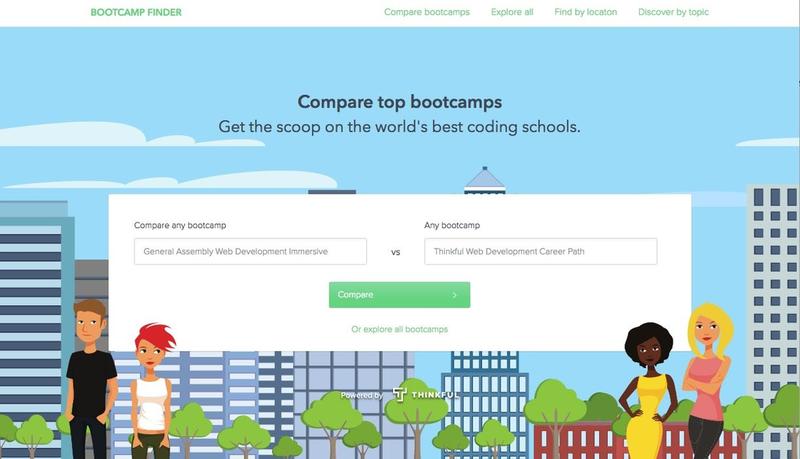How Can I Get Professional Credentials Online?

Some careers require very specific credentials, and many academic programs offer advanced training and relevant studies to help you further your professional skills. Taking online courses can help you meet many objectives, including acquiring the credentials you need to meet a specific job requirement or advance your career. Program options include digital badges, MOOC-based degrees, postsecondary degrees, micro degrees and more.
Selecting the right program to help you change or advance your career starts by asking yourself a few questions. For starters, you need to know exactly what you expect to accomplish with a course or program before choosing which online credentials to pursue. You also have to consider a cost-benefit analysis, your career goals, alternative paths to certification and the merit and availability of stackable credentials. Let’s take a look at some of the common types of online credentials and what you have to do to earn them.
What Are Postbaccalaureate Certificates?
Postbaccalaureate certificates — sometimes shortened to postbac — are ideal for college graduates who want to pursue a specific career path but don’t have a bachelor’s degree in that specific field. Taking a small number of courses allows them to attain credentials that can help them gain the necessary knowledge they need to work in the field or meet graduate school prerequisite requirements.

Apart from helping candidates build relevant field experience and cultivate knowledge, online postbaccalaureate certificates can benefit students in several other ways, such as giving them the opportunity to work with successful professionals and establish important network connections. Penn State World Campus, George Washington University and various Minnesota schools are among those that offer online postbaccalaureate certificate opportunities.
What Are “Stackable” Credentials?
The Department of Labor defines stackable credentials as sequential postsecondary credentials or awards acquired over time to develop an individual’s qualifications and help them progress along career paths to potentially better paying jobs. They are recognized as effective ways to boost labor market opportunities for middle-skill employees.

Companies’ ongoing need for experienced, skilled personnel has caused many institutions to consider offering stackable credentials in a number of in-demand fields. You can attain these types of credentials from institutions like Colorado State University Global, Massachusetts Institute of Technology (MIT) and the University of Kansas as well as many others.
What Are MOOC Verified Certificates?
Massive Open Online Courses (MOOC) are generally free online courses that are available to anyone worldwide who has an internet connection. They offer an affordable and efficient way for professionals to learn new skills and advance their careers, and they deliver quality education on a large scale. MOOCs encompass a wide array of online courses, including engineering, computer science, analytics, business management and leadership.

Top universities across the globe offer these types of courses, as do many big corporations like Google and Microsoft who rely on employees to stay current on the latest technology. However, the most popular MOOC providers are private companies and include edX, Coursera, DataCamp, Udemy, Udacity and LinkedIn Learning (formerly Lynda). Major MOOC providers have transitioned to models that allow students to either audit a MOOC for free or pay approximately $30 to $150 to obtain a “verified certificate” that signifies successful completion of a course.
How to Get a Nano Degree
Udacity developed nano degrees to cover cutting-edge emerging technology programs like Artificial Intelligence (AI), self-driving cars and robotics. These online learning credential programs are taught by active thought leaders in the industry. Enrolled students benefit from an unparalleled project review system that delivers in-depth, comprehensive, professional project reviews at breakneck speed. In most cases, the project-based programs cost approximately $200 each month and require six to 12 months to complete.

What Are Coding Bootcamp Certifications?
Coding bootcamps are structured, intensive educational programs that teach students web development and vital problem-solving skills through short but highly focused educational sessions. You can select full-time or part-time sessions and choose your preference for a face-to-face classroom experience or working at your own pace at home. According to Thinkful, students pay approximately $9,000 to complete one of its courses in six months, compared to $14,000 for full-time students on a fixed daily routine.

How to Earn Undergraduate and Graduate Certificates
Undergraduate certificates help students learn general information while earning credit toward a degree. In contrast, graduate certificates are intended for those who have undergraduate degrees and want to increase their knowledge in a particular discipline.

From psychology and cybersecurity to non-profit management and entrepreneurship, the courses allow students to study through either self-paced programs or classroom sessions completed in a fixed amount of time. Many prominent international institutions offer these types of certificates to help students around the world advance their career potential.





